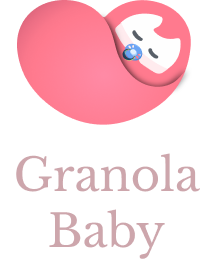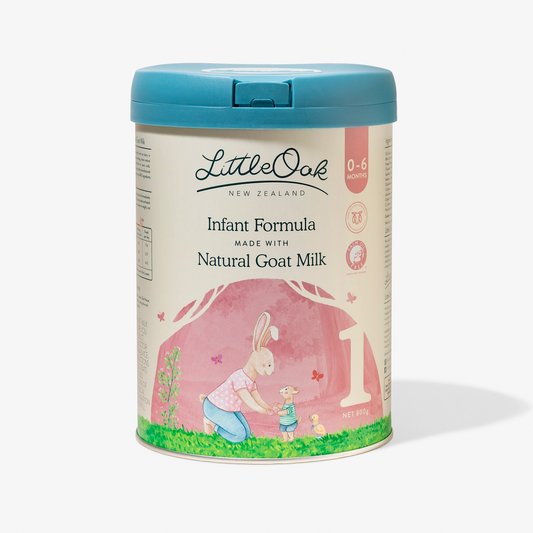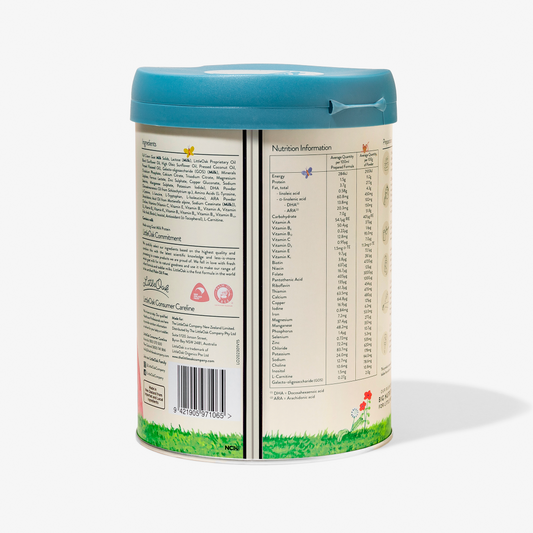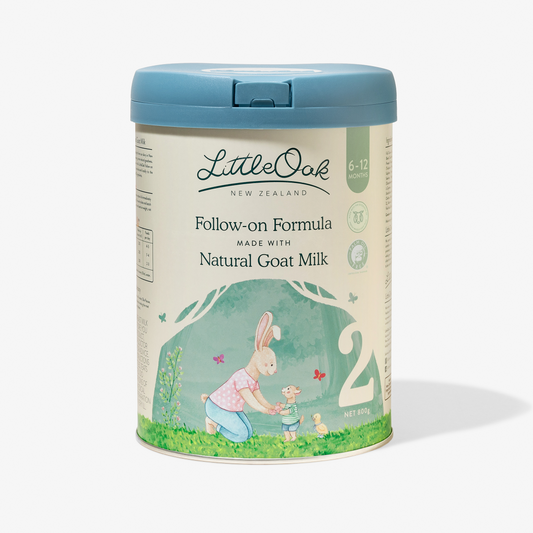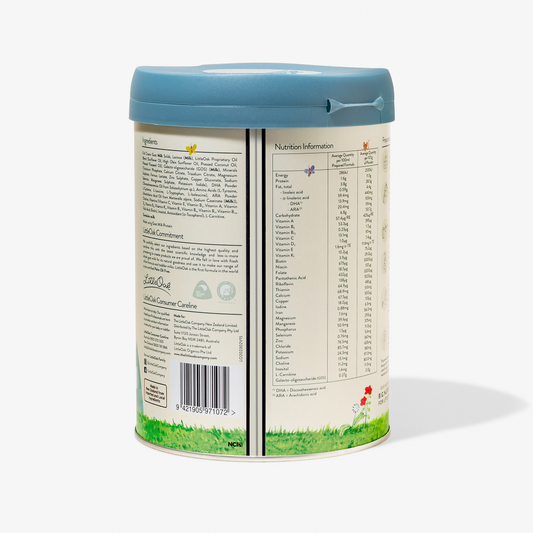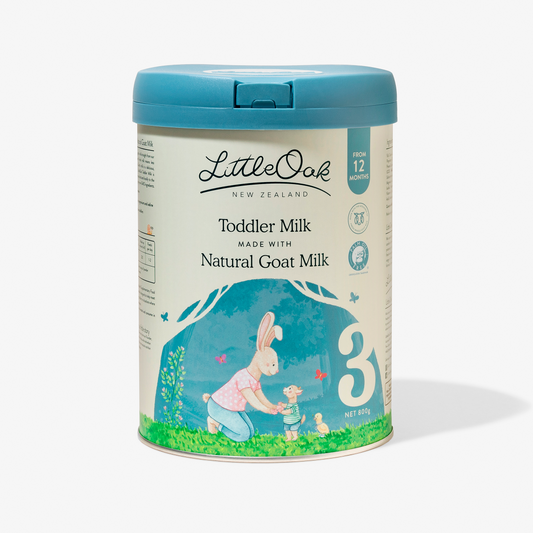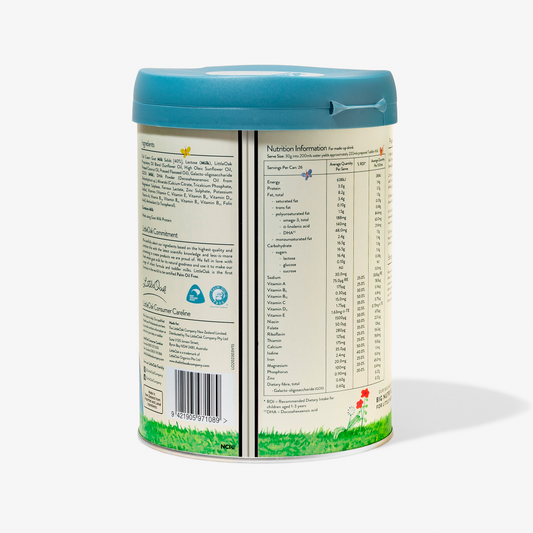
Best Baby Formulas of 2026, Tried & Tested
No matter how you do it, feeding a baby is hard work.
Editor's note: Because of supply chain issues and recalls, formula shortages are affecting many families. For advice on switching and which formulas are currently in stock, see our article Coping With the Baby Formula Shortage? Here's How to Swap Brands.
During the initial year of life, infants necessitate either breast milk, formula, or a blend of both for their nutritional needs.
For those opting for formula feeding, navigating through extensive ingredient lists and discerning among numerous brands and variations can be daunting. Moreover, the varying costs of formulas can compound the confusion and concern. However, it's essential to note that all infant formulas marketed in the United States and designated for healthy infants adhere to stringent safety standards.
The Food and Drug Administration (FDA) rigorously oversees the production and distribution of baby formula, ensuring compliance with strict criteria encompassing nutrients, ingredients, formulation, and manufacturing protocols. Our comprehensive investigation, spanning over 80 hours, involved scrutinizing formulas, consulting pediatric specialists, and reviewing a plethora of scientific literature. Through this process, we confirmed that all FDA-approved formulas formulated for healthy, full-term infants are deemed safe and nutritionally sufficient to foster normal growth and development throughout the initial twelve months.
Subsequently, we conducted an in-depth analysis of over 60 formulas to identify those presenting the optimal balance of evidence-supported advantages and cost-effectiveness.
What to consider when buying baby formula
-
Carbohydrates
Experts say most babies do well on formula with lactose (the same sugar in human milk) as the sole carbohydrate
-
Protein
Protein in formula can be either intact or partially or fully broken down, which may be easier for some babies to digest
-
Extra ingredients
All baby formulas must meet the same basic nutritional requirements. Some include extra nutrients like DHA, ARA, and prebiotics
-
Organic
Organic products are important to both adults & babies, especially when choosing between dairy-based formula from cow or goat milk
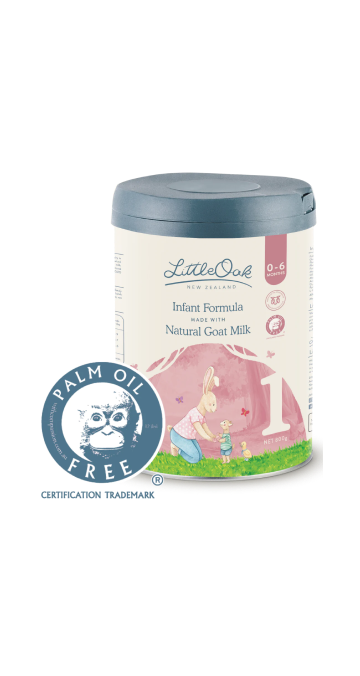
Granola Baby's #1 Choice for value & nutrition
1. LittleOak
Our #1 pick for the most nutritious infant formula, LittleOak products are designed to meet the dietary needs of growing little ones. Boosted with 16 essential vitamins and minerals, it is made with fresh whole goat milk straight from dairy in New Zealand. Packed with A2 proteins and with the world's first certified palm-oil free formula, LittleOak is the all-around best choice for nurturing and growing your little ones from birth to 4 years of age.
Key Product Info:
- The world's first approved palm oil free baby formula
- Made from whole goat milk from New Zealand
- Has the highest concentration of naturally occuring A2 proteins
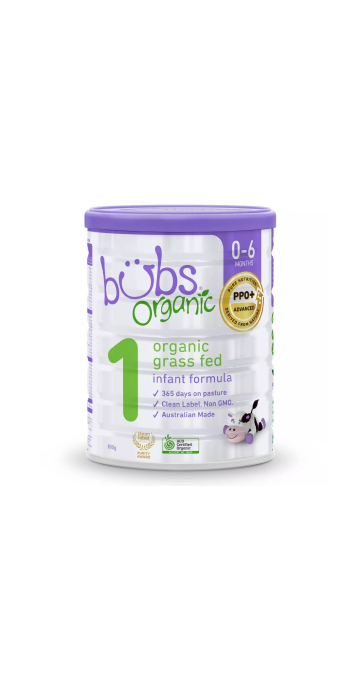
Affordable Pricing
2. Aussie Bubs
Bubs Goat Milk Follow-on Formula Stage 2, 800g. Australian goat milk formulated to support gentle digestion for tiny tummies aged 6 to 12 months. Australian organic whole milk base comes from cows that graze outside 365 days a year.
Key Product Info:
- First 1,000 Days and Clean Label Certified
- Naturally occurring A2 protein is easy to digest
- Perfect for toddlers with sensitive tummies.
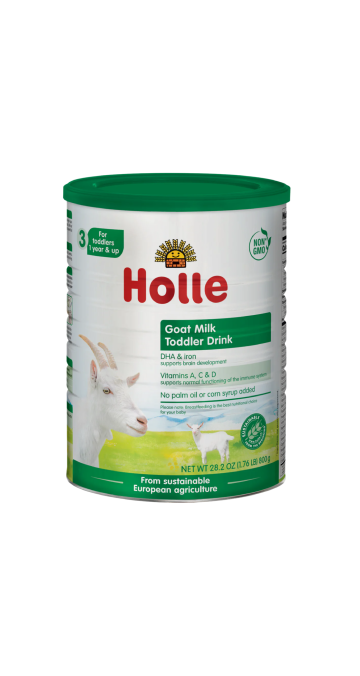
Best Cow Milk Option
3. Holle
Holle baby formula stands out as one of the cleanest options available, sourced from Demeter farms with the highest organic certification in Europe. With different stages catering to newborns through 12+ months, it supports your baby's growth at every milestone. The formula contains essential vitamins, minerals, DHA, and ARA, promoting healthy development, especially for the brain and nervous system.
Key product info:
- Organic ingredients from biodynamic farms, ensuring purity and quality.
- Smooth texture with a taste and smell akin to breastmilk, making it palatable for infants.
- Formulated without starch, suitable for newborns up to 6 months.
- Many parents report smoother transitions and improved comfort for their babies, with fewer instances of spit-up and tummy discomfort.
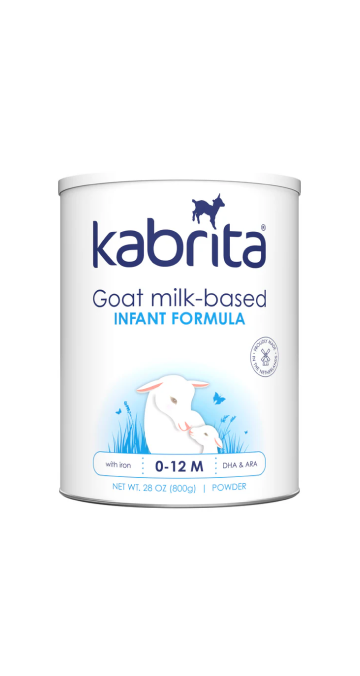
Leading Formula in Europe
4. Kabrita
Kabrita Goat Milk Infant Formula is a gentle and nutritious alternative to cow's milk-based formula, specifically designed to meet the nutritional needs of newborns and infants up to six months of age. Made with high-quality non-GMO goat milk, this formula is naturally easy to digest and gentle on little tummies, making it a great choice for babies with cow's milk sensitivities or digestive discomfort.
- Unique oil blend. Shown to promote more healthy bacteria in the gut, reduce colic and gas, reduce constipation, and allow for better absorption of fat and calcium.
- No GMO ingredients added under EU regulations
- Good carbohydrates & fats to match breastmilk
In conclusion...
In our quest to identify the most suitable formula options, we focused on cost-effective selections that offer supplementary advantages beyond meeting basic nutritional requirements. Our approach involved extensive consultations with experts and a thorough review of over a dozen scientific sources, including studies, journals, reports, and advancements, to gain insights into formula composition, nutrients, and related components.
It's recognized that both traditional and organic formulas should contain lactose as the exclusive carbohydrate source. Given lactose's natural presence in mammalian milk and its role as the primary energy provider, formulas strive to emulate human milk as closely as feasible. According to infant feeding specialists, opting for formulas with lactose as the sole sugar is preferable. The majority of healthy infants typically tolerate lactose well, and there is scant evidence indicating that reducing lactose or opting for lactose-free formulas alleviates colic symptoms. Hence, formulations marketed as "sensitive" and devoid of lactose were not considered within our assessment.
Our investigation also delved into regulatory frameworks established by the FDA and CDC governing the production and testing of formula within the United States. Furthermore, we meticulously scrutinized the nutrition and ingredient labels of approximately 50 formulas to discern their variances and resemblances.
Our Featured Baby Formula
Made from fresh whole goat milk, our beautiful baby formulas and toddler milk support gentle digestion for little tummies - with less processing and more natural goodness. Goat milk is a rich source of nutrients with naturally occurring A2 casein, oligosaccharides and prebiotics.
-
LittleOak Stage 1 Natural Goat Milk Infant Formula (0-6 months)
Vendor:LittleOakRegular price $52.95Regular priceUnit price / per -
LittleOak Stage 2 Natural Goat Milk Follow-on Formula (6-12 months)
Vendor:LittleOakRegular price $52.95Regular priceUnit price / per -
LittleOak Stage 3 Natural Goat Milk Toddler Drink (12+ months)
Vendor:LittleOakRegular price $52.95Regular priceUnit price / per
